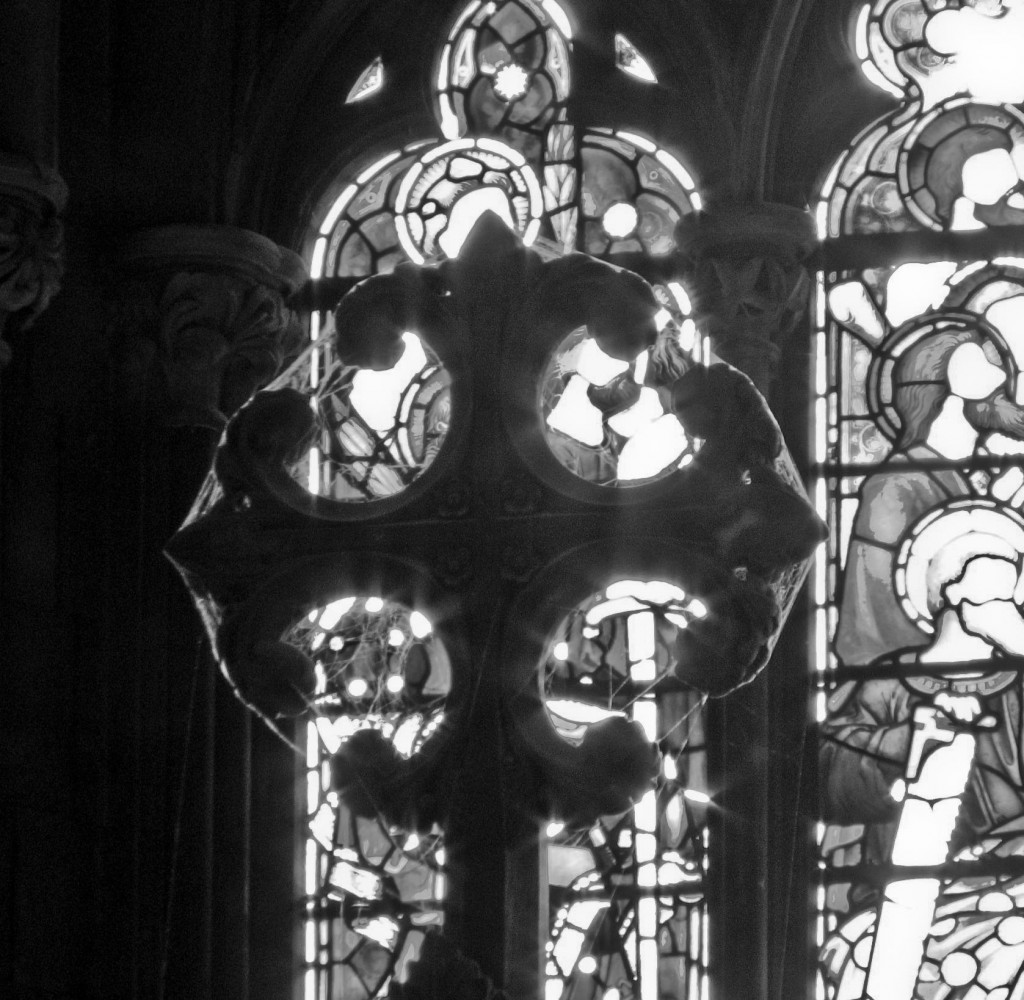
A recent Room for Debate discussion in The New York Times (to which I contributed, along with Hemant Mehta, Rev. Joy J. Moore, Hal Taussig, and Deepak Chopra) began with this question and it elicited the anticipated wide range of responses. Reading through the comments prompted some additional thoughts.
It is important to clarify that whether or not you think atheists should pray, the fact is that people who are atheists already say that they do pray. Other atheists say this is impossibly deviant behavior and chastise those praying atheists for being so unorthodox. What this reveals is the great diversity (and potential for internal conflict) inherent in claiming the label of “atheist” for oneself. Richard Dawkins noted this some time ago when he suggested just how diverse atheism can be based on the perceived probability of God’s existence.
Just what are these atheists actually doing by praying? From their comments, it appears that their prayers range anywhere from “God, if you’re actually there, then give me a sign” to simple moments of reflective silence. The former resemble typical prayers that have a theistic focus; the latter are closely related to non-theistic meditation. In other words, prayer practices – whether those of an atheist or a believer, have strong functional similarities. Since the prayer habits of theistic believers are so pervasively known and evident in the American context, it is not surprising that the pattern of expression could be adapted by non-theists.


